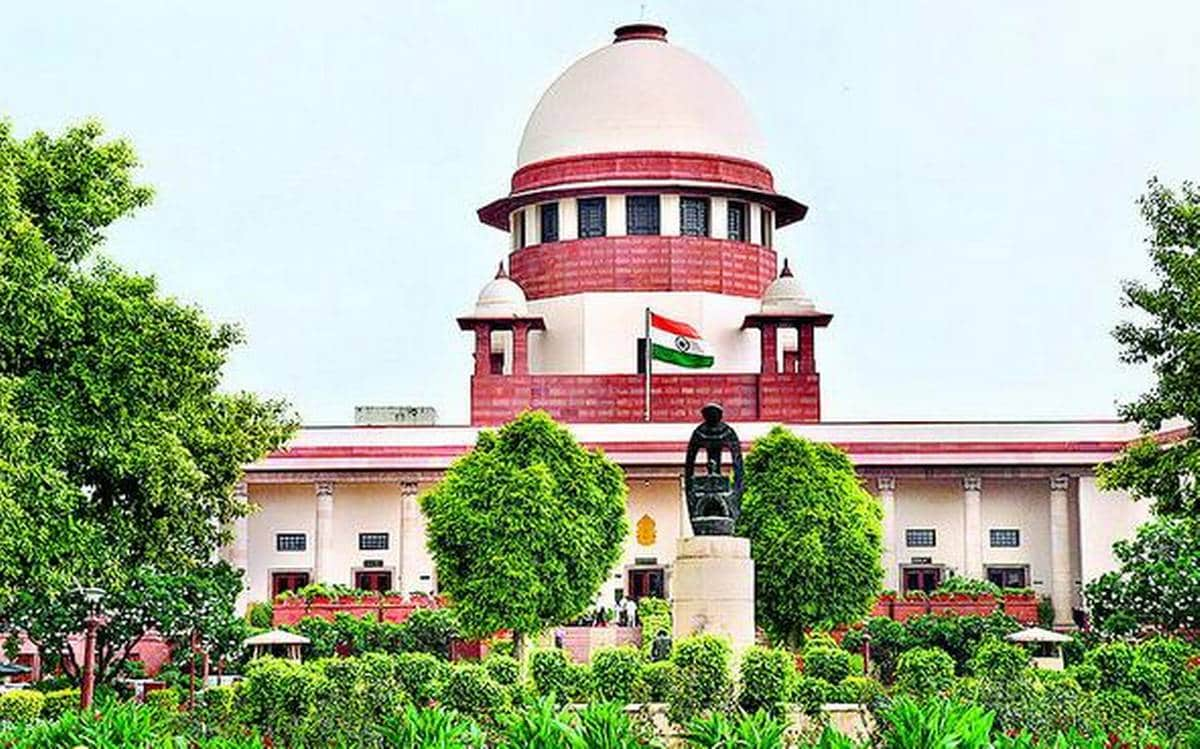On a particular Tuesday, the Supreme Court gave a landmark ruling and perhaps instructive to first instance judges and court ushers this publication deems it fit and proper to name this landmark ruling a comprehensive judgment that seeks to lay down guidelines and deterrent mechanisms against casual staying of bail orders.

A bench of Justices AS Oka and Ujjal Bhuyan noted, “Though it is open for courts to grant stay on bail it should be done so only in rarest of the rare cases. ” This came from a case where a Delhi High Court stayed an accused person’s bail in a money laundering offense but did not give any recorded and reasoned order to support its ruling.
The bail order had been stayed for a year until a vacation bench of Supreme Court intervened on June 7, and ordered the accused be released. Of the said order pronounced by the High Court, the bench has now dismissed.
While putting up the arguments on July 12, the Supreme Court expressed its disapproval of the custom of frivolously extending bail Petitions while terming the act as wrong and spelling the future consequences as disastrous for ‘Human Liberty’. The ED presented authorities stating that the practice of passing stay bailing orders is widely exercised in various courts hence the courts’ power of rescinding bail entails the power of staying such orders. However, the Supreme Court which also has the jurisdiction of the country also defended its jurisdiction to do this.
The court raised an eyebrow at such a practice and asked whether because some are passed, it means one should engage in it. “The bails orders contain reasons, how they can be stayed casually,” the court asked Zoheb Hossain, the advocate for ED.
The Supreme Court also signified that it would outline specific parameters on when a bail order could, of course, be stayed, and held, “Orders granting bail may be stayed only in the circumstances, perversities where special conditions are necessary, or the person is a terrorist. ”
The case under consideration is with reference to Parvinder Singh Khurana, for whose release the Delhi court granted bail on June 17, 2023, in an unrelated money laundering case. Appeal was filed in the ED and hence the Delhi high court during June 23rd froze the bail order without any cause. Khurana then approach the Supreme Court and by the order of the vacation bench he was released on June 7.
The Supreme Court observed in its judgment dated July 11 that higher courts off-handedly stayed bail orders passed by the trial courts where accused is neither a terrorist nor a menace to the society. The bench also expressed their disbelief that a detailed bail order was put on hold by a ‘one line order’ by the High Court and such stay should not be granted without considering that it is demanded by the investigating agencies.
This ruling comes at a time when there is controversy touching on the Delhi Chief Minister Arvind Kejriwal who is in jail for in relation to alleged unlawful activities in the formulation of the 2011-22 excise policy. The Delhi High Court on June 21 put a hold to the bail passed to Kejriwal by the lower court in the money laundering matter connected with the excise policy scandal. The trial court had given clean chit to Kejriwal noting that there was no direct evidence against the AAP leader and claimed that the ED had a potential bias against him. Subsequent to the ED’s appeal, the stay was granted just a few hours after the trial court’s bail order, though the High Court bailed out Teesta that same day while its initial stay order did not give any reasons which raises several questions of law and legal propriety. Currently, the challenge of the suspension of his bai order under the hand of Kejriwal is still a matter of decision in the High Court.
Supreme Court orders this judgment to uphold its prior decision on the sanctity of bail orders that was subject to casual suspension which compromises the human freedom and justice.
Report By: Sonali Sarker